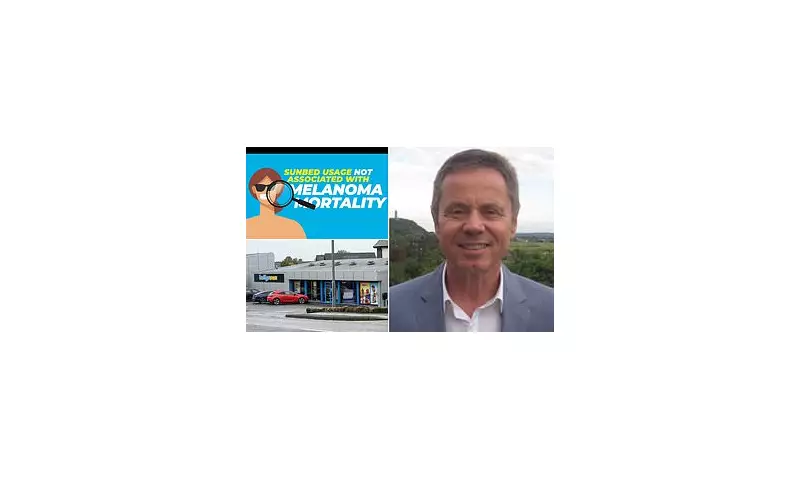
In a landmark ruling that has sent shockwaves through the beauty industry, the UK's advertising watchdog has slammed a tanning firm for making dangerous and misleading claims that sunbeds could actually reduce the risk of cancer.
The Advertising Standards Authority (ASA) has issued a complete ban on the advert, declaring it "irresponsible" for contradicting overwhelming medical evidence that links ultraviolet (UV) radiation from sunbeds to a significantly increased risk of developing skin cancer.
The Controversial Claim
The banned advertisement, run by a company called Tantopia, boldly asserted that "research has proven that a lack of sunlight can be a factor in causing many well known diseases… including many cancers". It went a step further, suggesting that controlled sunbed use could be a form of prevention.
This directly challenged the established and widely accepted scientific consensus from global health bodies, including the World Health Organisation (WHO), which classifies UV-emitting tanning devices as carcinogenic to humans.
Watchdog's Firm Stance
The ASA's investigation was unequivocal. The regulator found that the advert exploited public health concerns and presented unsubstantiated claims as fact.
"We told Tantopia Ltd to ensure that their future advertising did not state or imply that there were health benefits from using UV tanning equipment," the ASA stated in its official ruling. The watchdog emphasised that such claims must not appear again in any form of their marketing.
Expert Health Warnings Reinforced
The ruling serves to reinforce urgent warnings from dermatologists and cancer charities. Medical experts consistently stress that there is no such thing as a safe UV tan.
Exposure to UV radiation from sunbeds damages the DNA in skin cells, accelerating ageing and dramatically increasing the likelihood of developing both melanoma and non-melanoma skin cancers. The case underscores the critical importance of relying on accredited medical advice over commercial marketing that plays with public safety.





